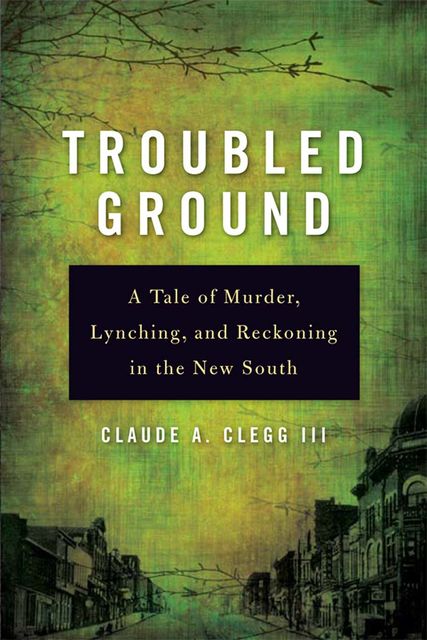We use cookies to improve the Bookmate website experience and our recommendations.
To learn more, please read our Cookie Policy.
To learn more, please read our Cookie Policy.
Accept All Cookies
Cookie Settings

Read in our apps:
iOS
·Android
Claude A.Clegg III
Troubled Ground
Notify me when the book’s added
Impression
Add to shelf
Already read
Report an error in the book
Share
Facebook
Twitter
Copy link
To read this book, upload an EPUB or FB2 file to Bookmate. How do I upload a book?
Claude A. Clegg III revisits a violent episode in his hometown's history that made national headlines in the early twentieth century but disappeared from public consciousness over the decades. Moving swiftly between memory and history, between the personal and the political, Clegg offers insights into southern history, mob violence, and the formation of American race ideology while coming to terms on a personal level with the violence of the past._x000B__x000B_Three black men were killed in front of a crowd of thousands in Salisbury, North Carolina, in 1906, following the ax murder of a local white family for whom the men had worked. One of the lynchers was prosecuted for his role in the execution, the first conviction of its kind in North Carolina and one of the earliest in the country. _x000B__x000B_Yet Clegg, an academic historian who grew up in Salisbury, had never heard of the case until 2002 and could not find anyone else familiar with the case. He mines newspaper accounts and government records and links the victims of the 1906 case to a double-lynching in 1902, suggesting a long and complex history of lynching in the area while revealing the determination of the city to rid its history of a shameful and shocking chapter.
more
This book is currently unavailable
414 printed pages
Have you already read it? How did you like it?
👍👎
fb2epub
Drag & drop your files
(not more than 5 at once)

